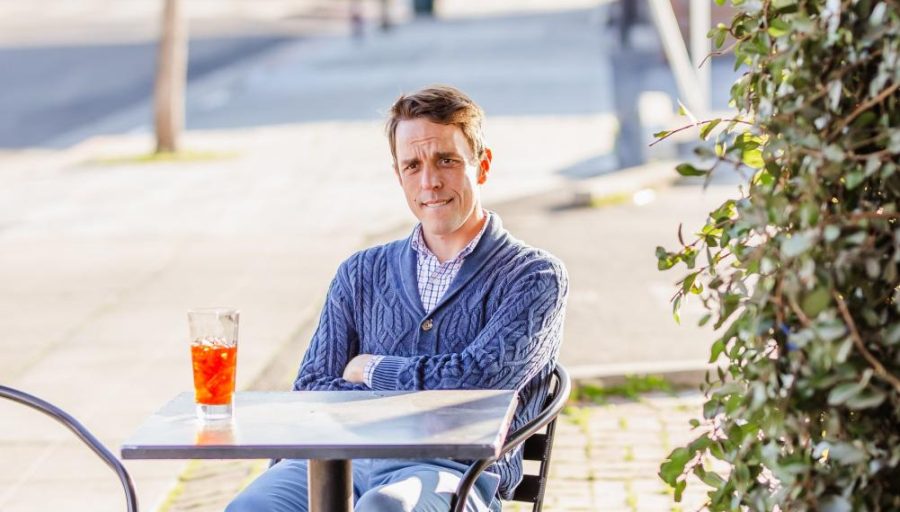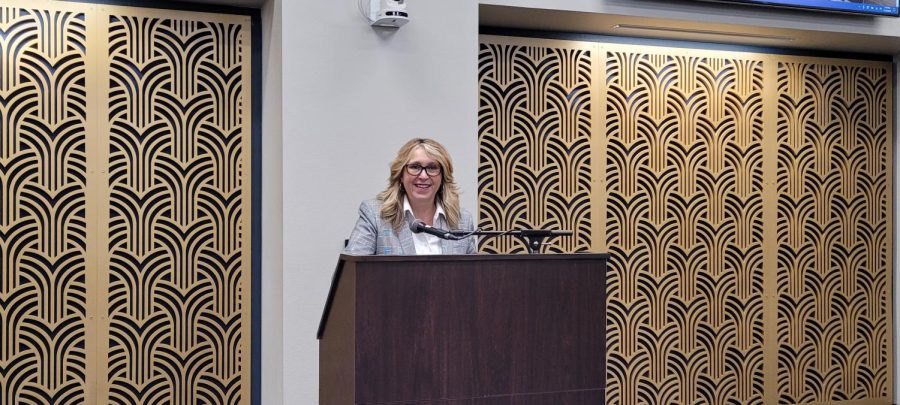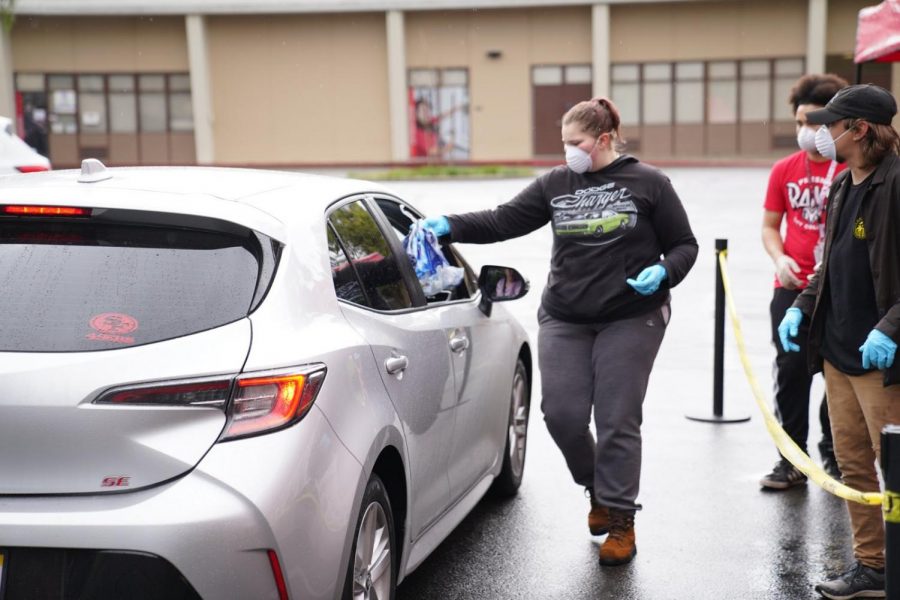Fresno City College students returned to a new sight on campus in the fall semester of 2013 — two police officers now patrol the campus on bicycles.
This is markedly different from past semesters when policing consisted of officers sitting in cars parked near the fountain or Free Speech area. The officers only became visible if an arrest was imminent.
Officers Rodney Zumkehr and Felipe Uribe are in charge of the bicycle unit. Both officers are avid bikers and practice road cycling in their off -time.
“The assignment was developed by us,” said Zumkehr. “We saw there was a need to get officers into the campuses, the malls and areas where you couldn’t get into with a car.”
The bike unit was in the planning stages for the past year, finally coming to fruition this semester.
Zumkehr said he reached out to local bike shops for help in developing the program and to assemble needed supplies.
The department acquired the bikes from a local company Geil Enterprises when the owner of the company overheard Zumkehr discussing the program with Ben Medrano of local bike shop Rubber Soul, another major contributor to the program.
Zumkehr and Uribe say that the program has many advantages, particularly in granting officers access into places that regular patrol vehicles would have difficulty reaching and in very little time.
“On the campus and in the close proximity to [the campus] the bicycle patrol has been extremely effective,” Zumkehr said.
Another advantage of the program is that it falls in line with the department’s new desire to increase visibility on campus.
“They just kind of ride around and make sure everything’s OK, which is understandable,” said Jacob Hatashita, a business major who waits in the east side pit between classes.
According to Zumkehr he and Uribe attended a 40-hour training session in Sacramento that dealt “just with bicycle patrolling.” This training included instruction in “slow riding maneuvers, agility, obstacle course, shooting obstacle course, legal, traffic control, emergency maneuvers, riding up and downstairs, and in layman’s terms hand-to-hand combat,” according to Zumkehr.
Zumkehr added that the training was “the most rigorous training he has done since his time at the [police] academy.”
The techniques that the officers learned have already been put to use and the efficacy of the program is evident.
“The first day that we rolled out the bicycle unit at about 7:15 in the morning, we received a call about a disturbance over towards the cafeteria area,” Zumkehr said. “A marked vehicle arrived in the area and I arrived on the bicycle. During that time we had a foot chase, one of the suspects ran from us and ran down a narrow construction area, down a one-way street that you wouldn’t have been able to traverse in a vehicle.”
While the program has met a few of its goals on campus, it still has its flaws.
“The bike patrol does not replace vehicle patrol,” Zumkehr said. “Bikes can’t transport suspects if you arrest somebody, or transport civilians if they need to be transported from location to location.”
Noah Friederich, a student who has been at FCC for a year and a half, said that he feels the program makes the campus safer.
As for the future of the program, Zumkehr looks to increase resources, manpower and attention. One of the changes he hopes to make is to acquire a bike rack for a district police vehicle and be able to transport the bikes to other campuses.
Zumkehr also hopes to use the program at other campuses that are a part of the state district, where different policing environments bring up different policing problems.
“There will be a good application for this on the Reedley campus especially in the agricultural area,” Zumkher said. “The Oakhurst campus has walking trails and parks nearby where homelessness and vagrancy has been a serious policing issue for that campus.”

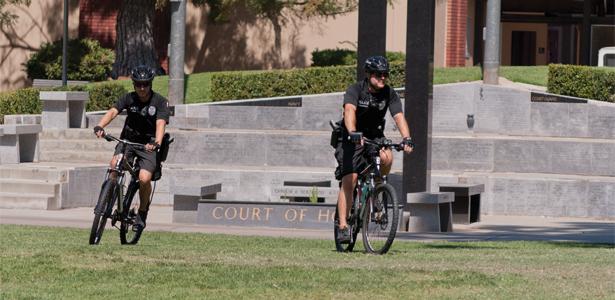
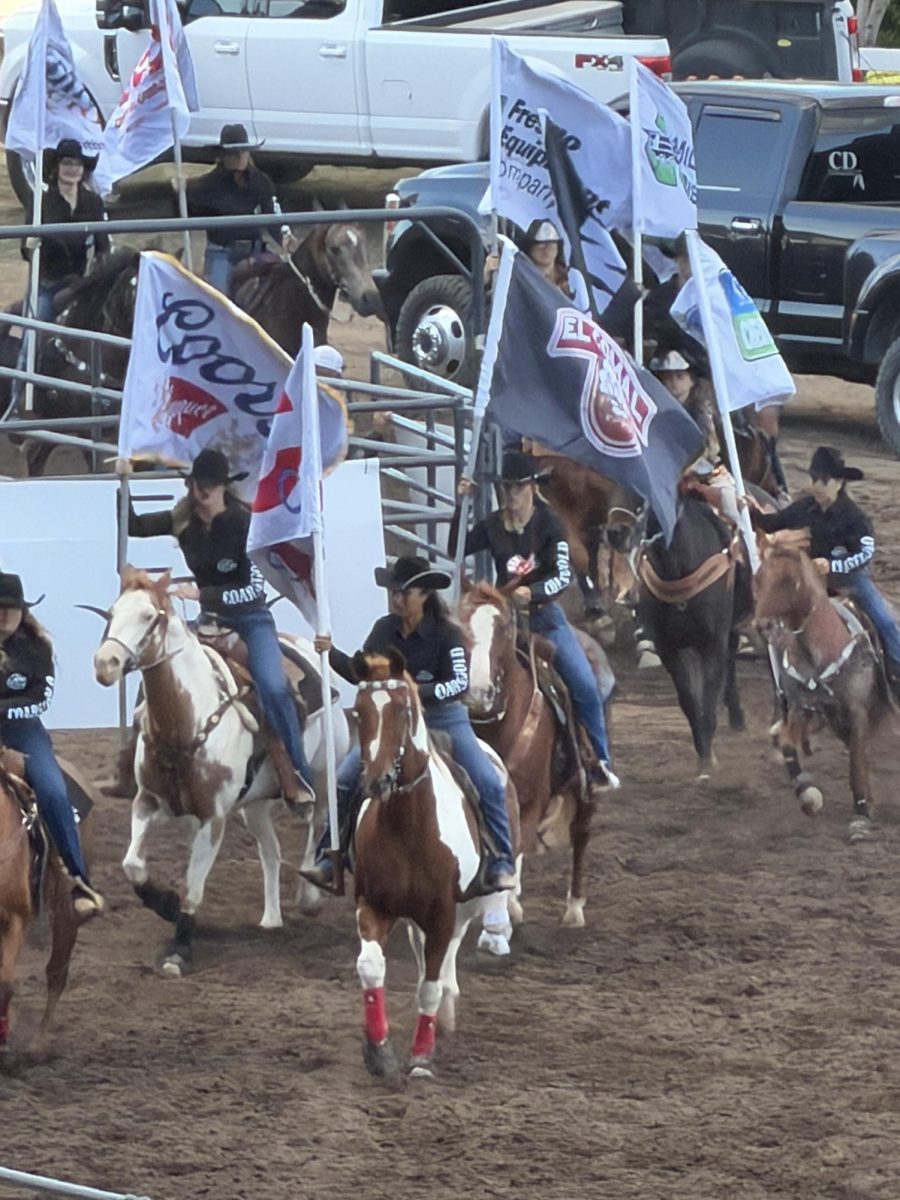
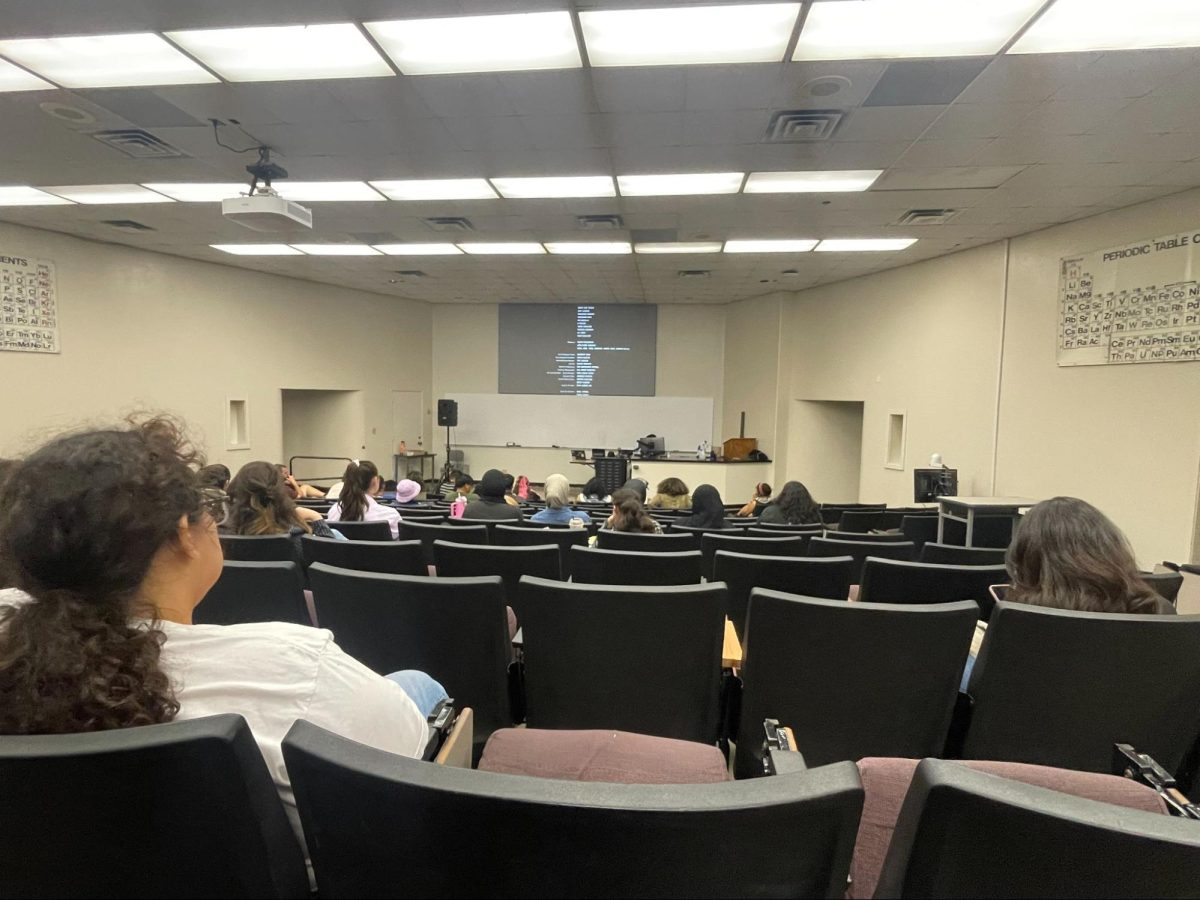
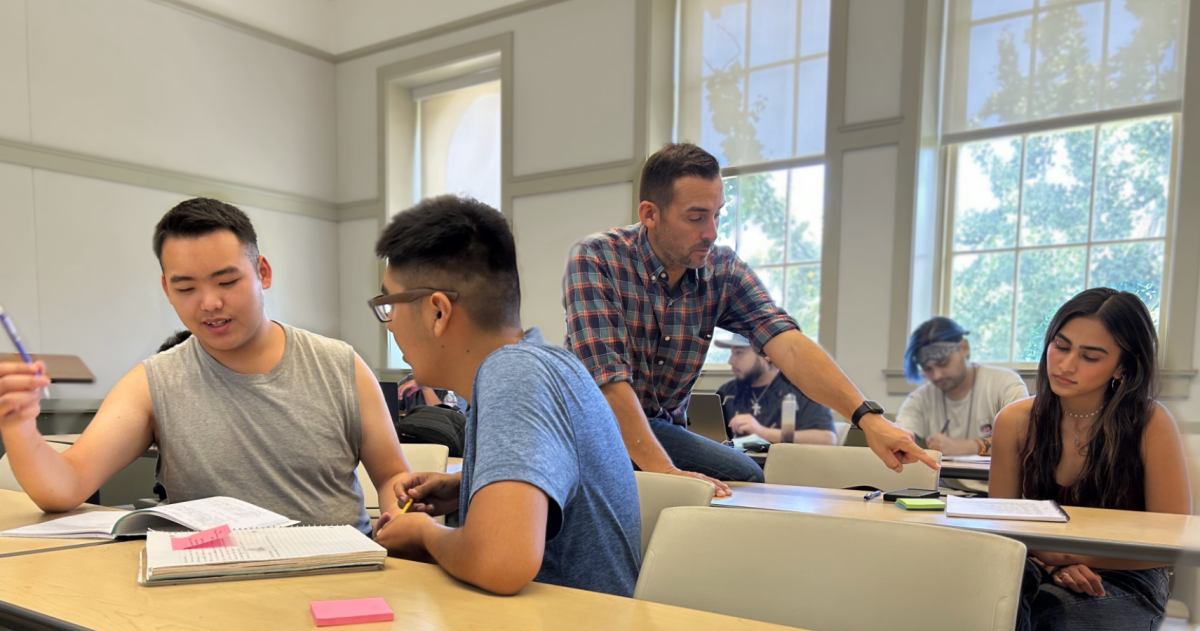
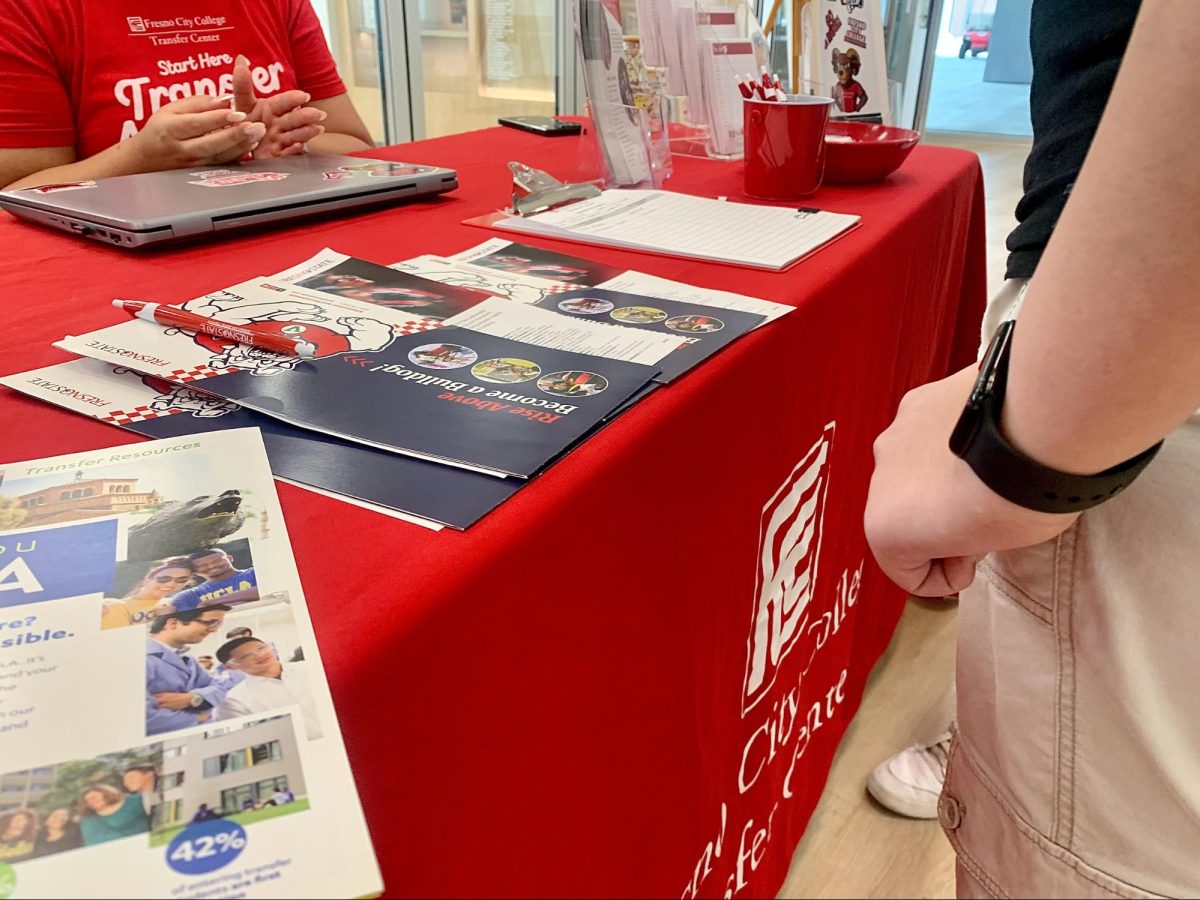
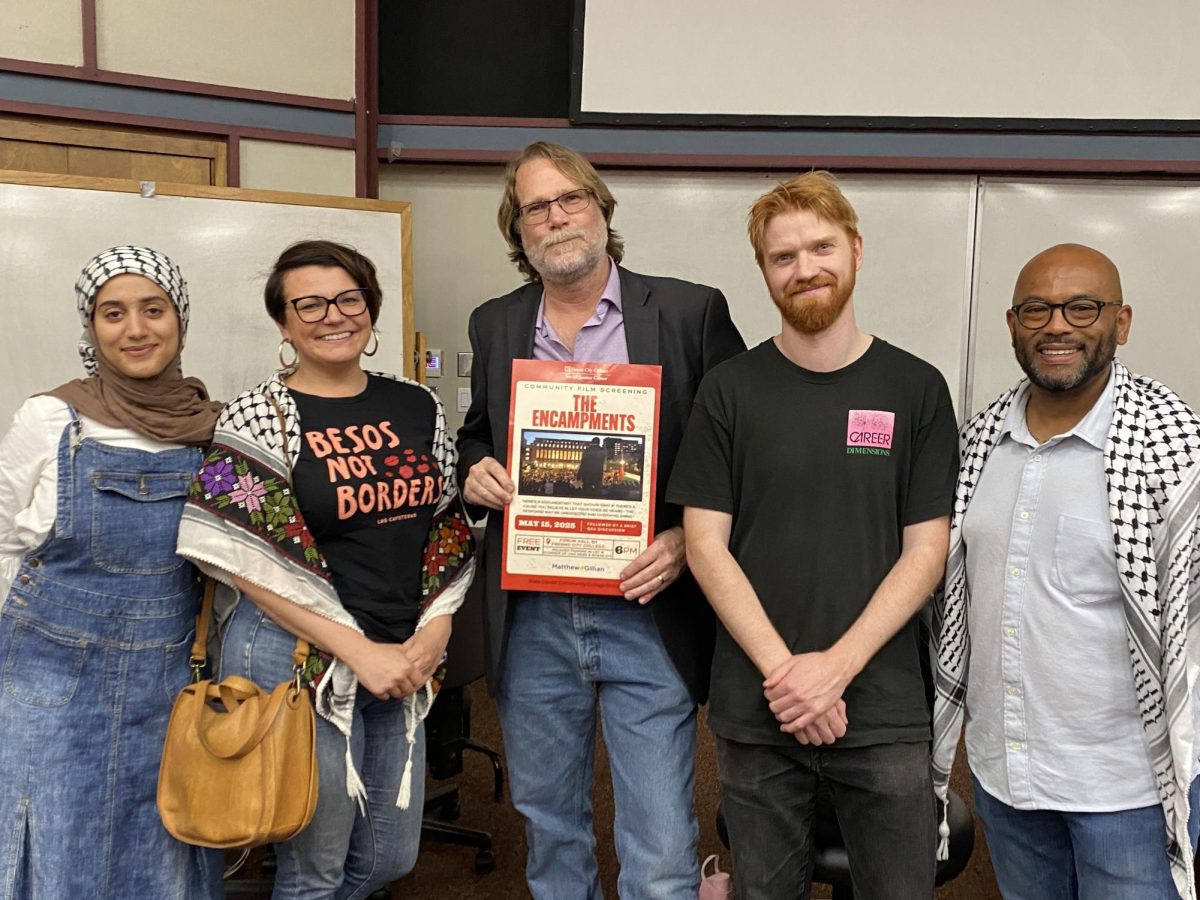
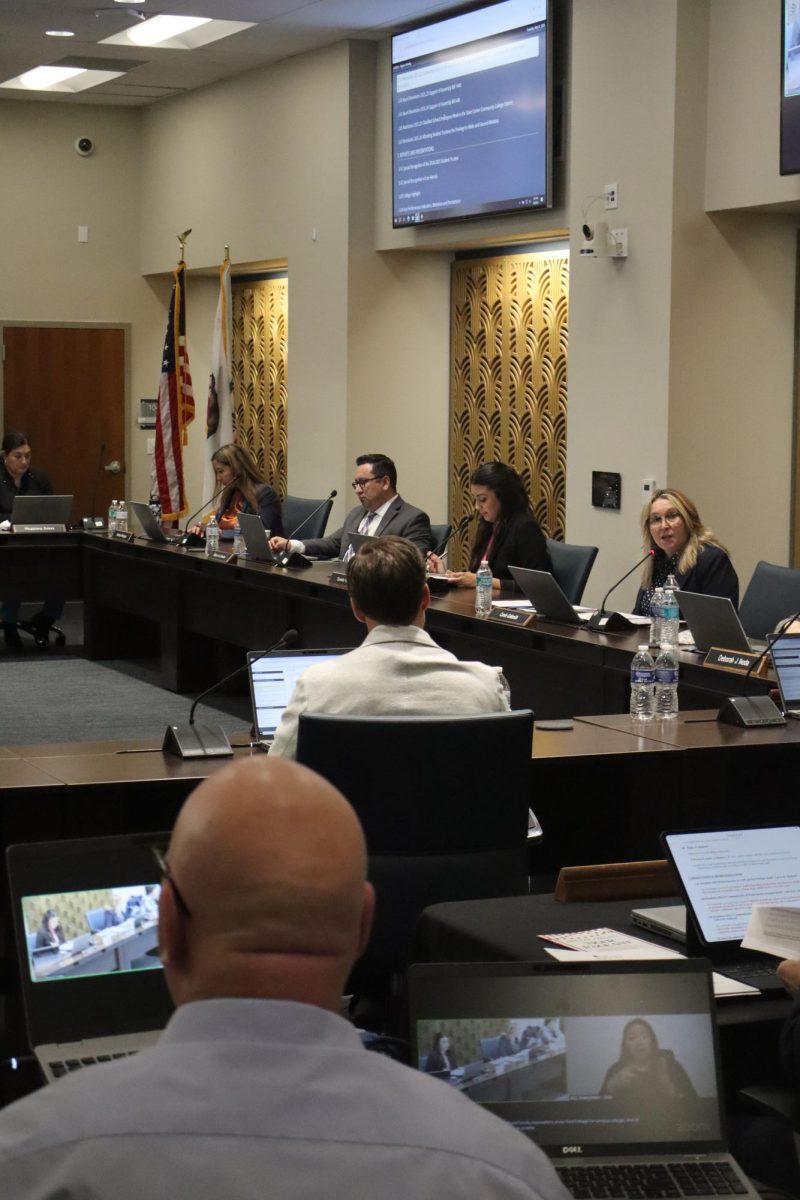
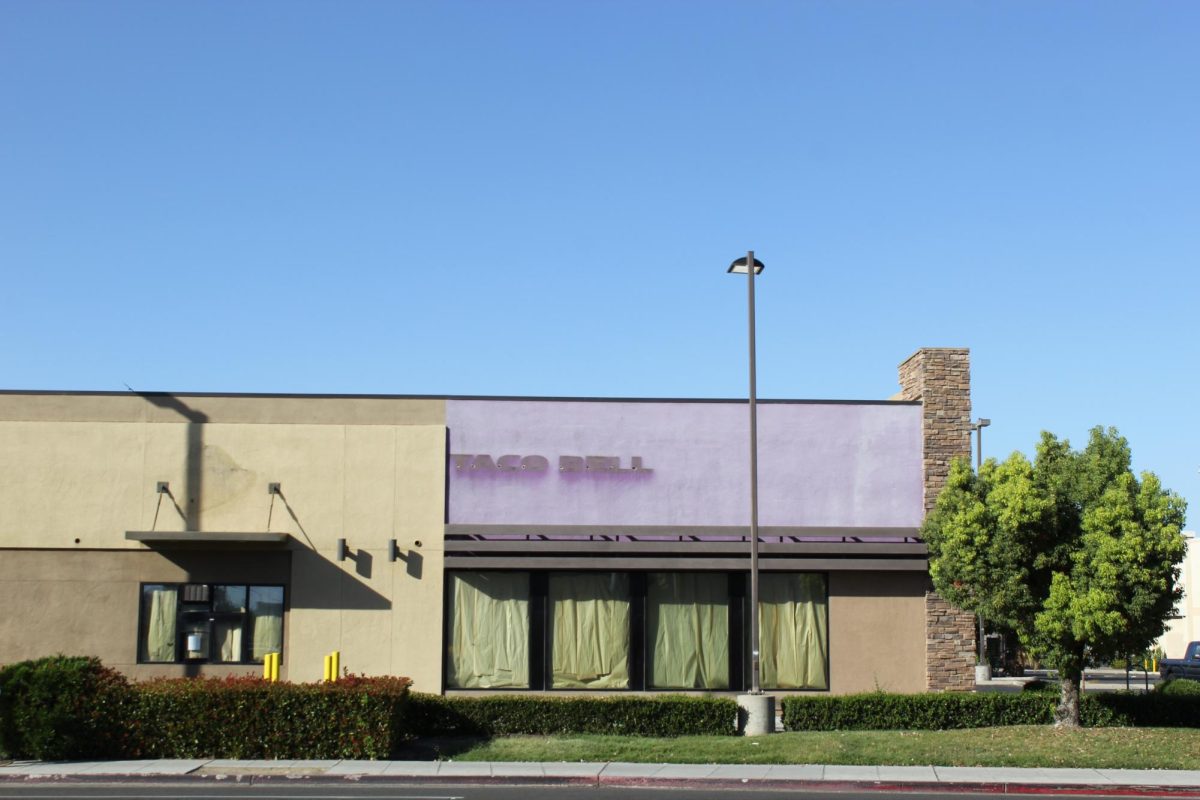
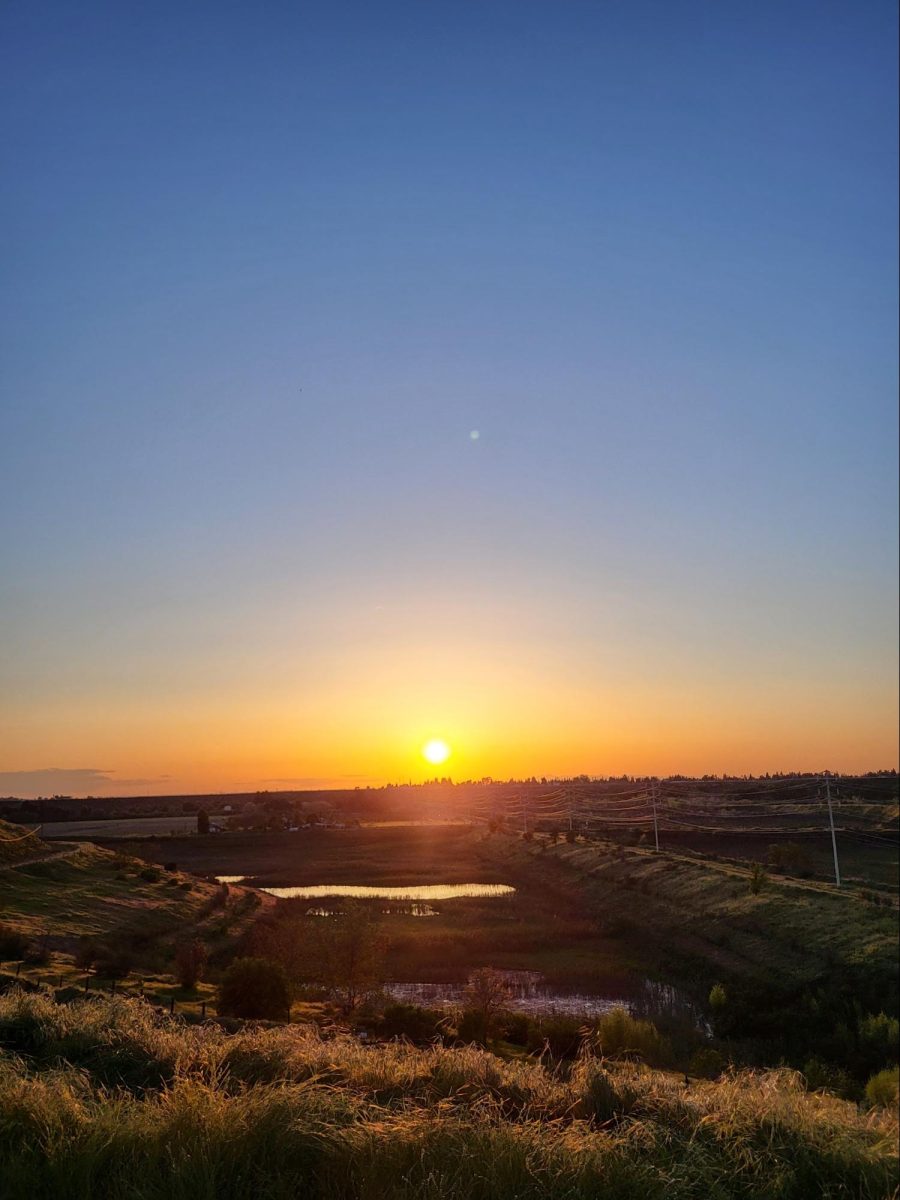




![[File Photo] On Wednesday, Feb. 19 Ed Madec coached what could be his final game as the Ram's head coach against the Reedley Tigers. Madec is currently under investigation for possible violations of CCCAA regulations.](https://www.therampageonline.com/wp-content/uploads/2020/03/Madec-900x600.jpg)

